Camping mistakes – we’ve all done it! Forgotten something vital at home, found a candy bar in our pocket in the tent, ended up hiking ten miles when we thought it would be three. As a beginner, there are so many camping mistakes that you can easily make.
Not all camping mistakes are life-threatening, but some can have serious effects if you don’t take them seriously.
I’ve put together the 8 most common beginner camping mistakes that I’ve learned from experience. Hopefully, with these beginner camping tips, you can avoid the same mistakes I’ve made.
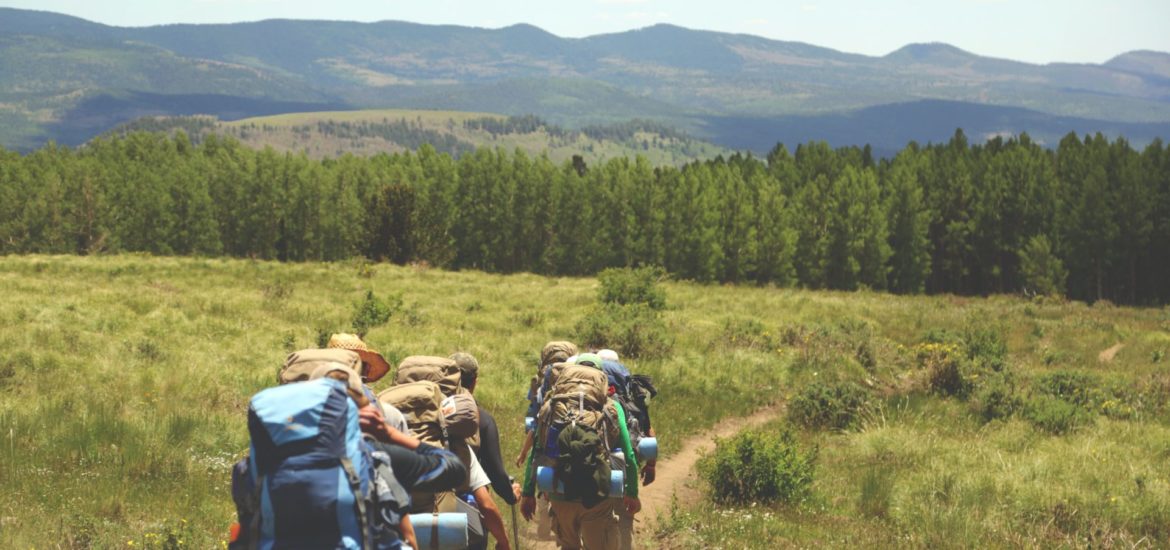
1. Underestimating Distances
When looking at a map, it can be easy to think that something is a lot closer than it truly is. This is where maps can be deceiving because most of them fail to take a lot of factors into account.
For example, trails wind back and forth along short or long distances. Switchbacks in trails that take you up a mountain more gently can turn a half-mile hike into a mile and a half, easily.
This is where it’s important to reference multiple resources to find out the trail length that you are about to embark on.
Chances are good that there will be a variation in what you find, and it’s best to average those out unless you have a very detailed map of the area and can measure the distance yourself.
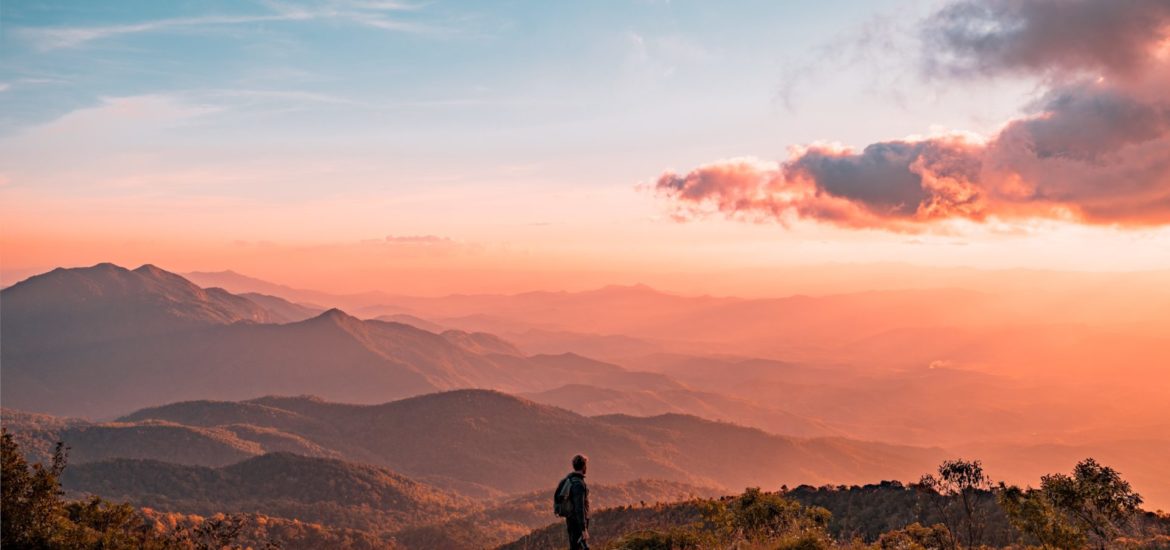
Not Factoring Elevation Gain
Another factor that changes distance easily is elevation gain. It’s simple geometry that we fail to look at when measuring distances on a map.
Mountains are essentially triangles and you are hiking the hypotenuse (the long diagonal side), not just the bottom. It’s longer, and sometimes it’s a lot longer depending on how steep the hill is.
Difficult Terrain
Along the way, you’ll find a variety of trail terrain that will also impact the distance, or apparent distance, of your hike.
Hiking in something like sand can drag you down and turn your pace into that of a snail.
Flat, paved surfaces will let you walk the average 3 mph, where sand or loose dirt and rocks will bring you down to 1. It’s something you need to take into account before heading out.

2. Leaving Food Out at Night
There are plenty of nights at home that we decide to just do the dishes in the morning. Or is that just me?
Either way, when camping, vigilance about food scraps and all edible or smelly things need to be put away properly. Even if you live somewhere that is far from where bears roam, there are raccoons, mice, and plenty of other creatures that want what you’ve got.
There are plenty of different storage options such as bear barrels or food lockers that make locking your food up easy.
If you’re in serious bear country, you may need to look into hanging your food. It’s a pretty effective method to keep almost anyone out of your food while you sleep at night.
Pro-tip: Make sure you never bring food into your tent, as you may wake up with a midnight visitor looking for a snack!
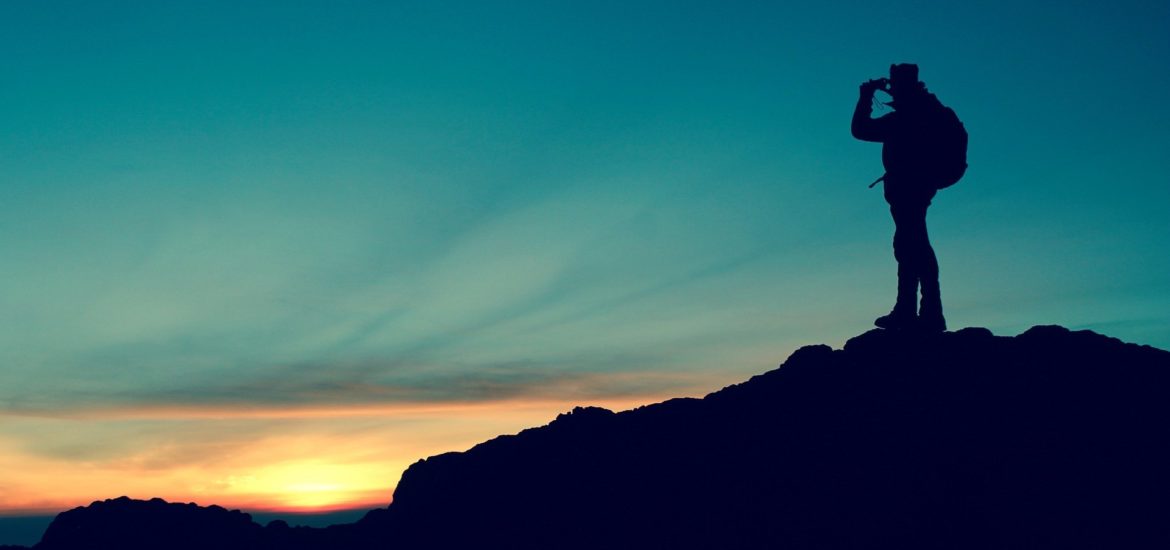
3. Poor Time Management
One of the classic beginner camping mistakes is not managing your time well. You can dream about sleeping in late, not rushing through the hike, forgetting the prep time, or staying out too late.
These little things quickly add up and make it so you end up out after dark or don’t get to sleep until the wee hours of the morning.
Camping doesn’t need to be a chore, but it isn’t always easy. If you’re hiking a long distance, plan ahead to leave early and not stay out after dark. This is where issues may arise.
You still need to get back to camp, set up camp, or do chores like filtering water and gathering wood for the night’s fire. You’ll quickly discover that everything is much harder to do in the dark.
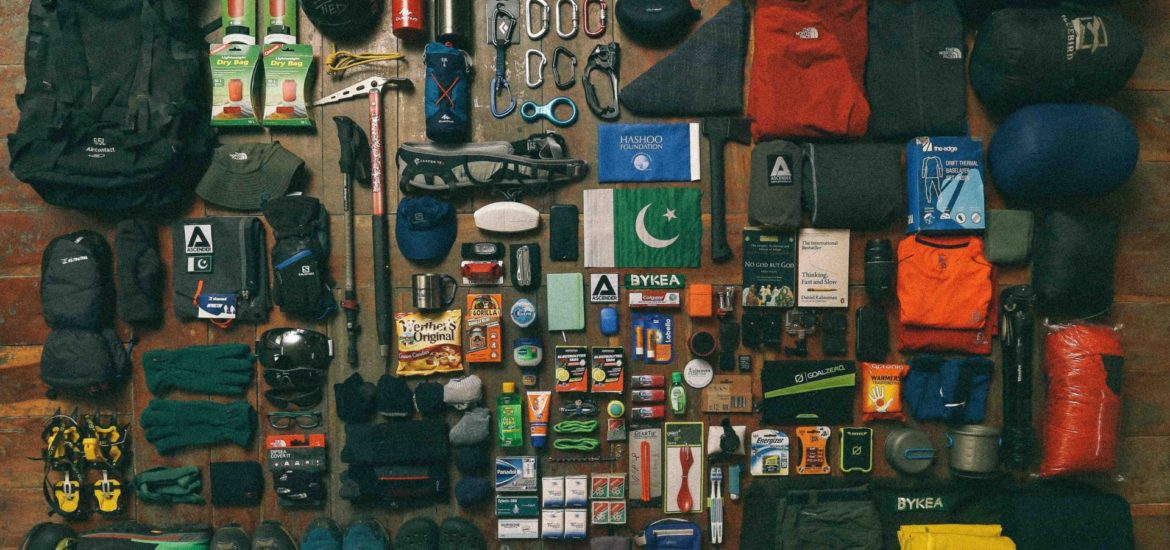
4. Over-packing Gear
Have you ever seen that person that comes on a weekend trip to a hotel with four suitcases? While camping, you do not want to be that person. Packing lightly is the key to success here!
Leave all of your excessive technology and clothes at home. Chances are good that you won’t wear more than two sets of clothes and would only drag around the rest.
Thru-hikers (hikers on long-distance trails) are well-known for sending a huge amount of gear back home after the first week or two. We think we need a lot more than we truly do.
Over-packing is easy to do, so be conscious of every item you bring.
5. Forgetting Bug Spray or Sunscreen
There are a lot of things that you can forget at home, but bug spray and sunscreen are two that can leave you miserable and uncomfortable.
Sunburns can be dangerous while camping and an excessive number of bug bites is everyone’s idea of a nightmare.
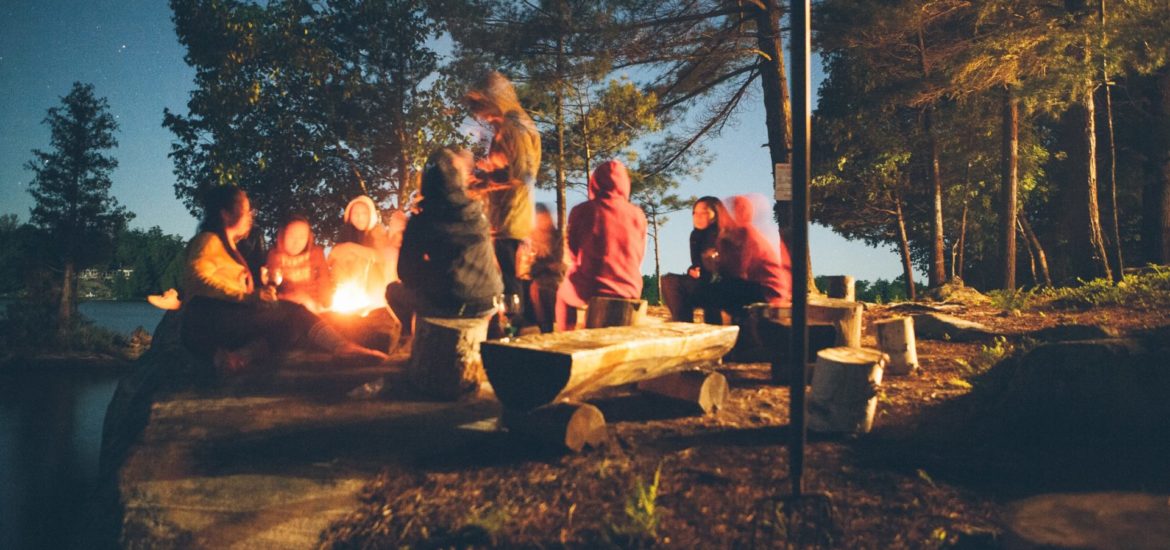
6. Disturbing Other Campers at Night
We need to remember that we aren’t the only ones out enjoying the peace and quiet of the natural world.
Be aware of how you run generators, play loud music, and have bright lights on when the night starts to come.
A lot of campgrounds have quiet hours, typically after 10 pm – respect the hours and you’ll do well.
Pro-tip: Sound travels over water remarkably well, so even if you’re across a lake, your neighbours might still be able to hear you…
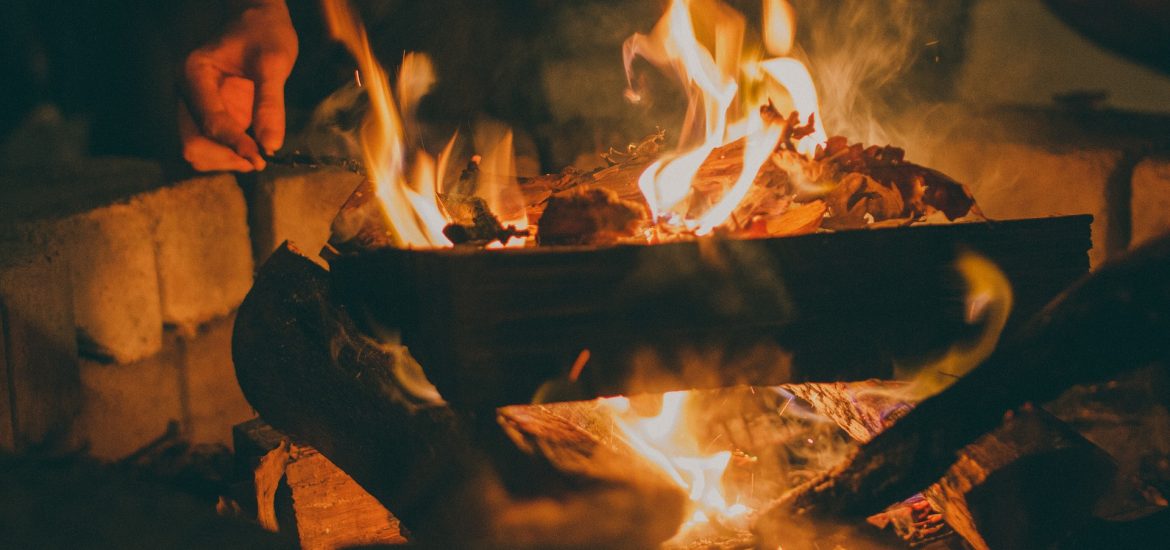
7. Leaving a Campfire Unattended Overnight
Fires in a pit can be easily forgotten until you wake up to a hefty fine from the park ranger. There are loads of reasons why it’s important to put a fire out at night, and one is to protect yourself.
A windy night can easily stoke a fire from smouldering embers, and spread the embers to any nearby wooded areas. Just a single spark can spread a fire, especially in dry and arid conditions.
Remember to douse your fire, then drown it.
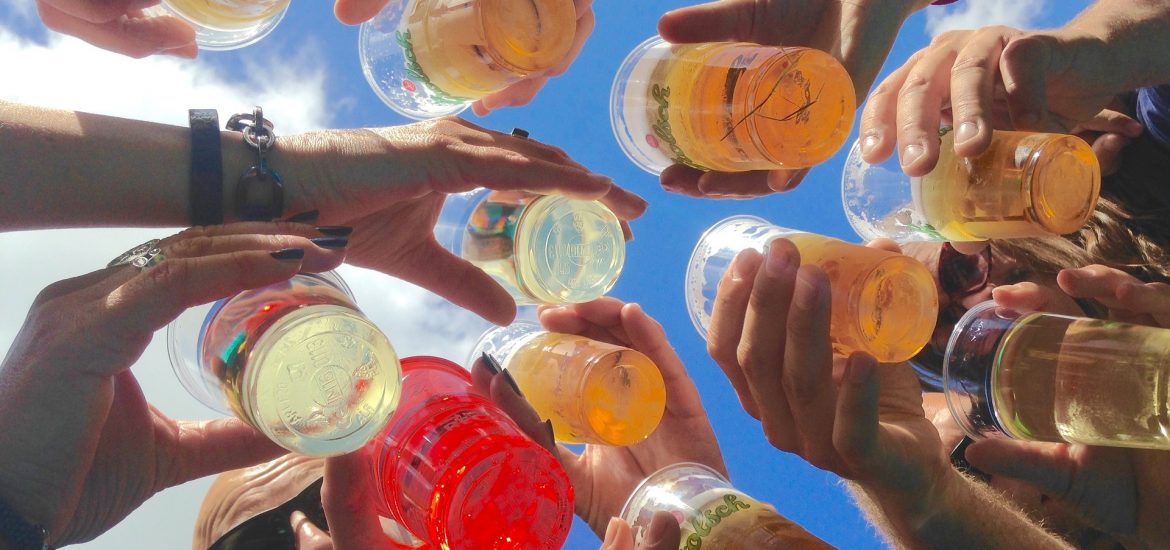
8. Drinking (too Much) Alcohol
Sitting around a fire enjoying a beer or two can quickly turn into one too many. Immediate risks include tripping and falling over around camp and getting injured, or worse, getting disorientated and lost in the woods!
The next day, you will run the risk of severe dehydration and just not enjoying your day due to being hungover.
Drink responsibly, don’t make it one of your camping mistakes, and know that it will be the safest option while camping.
This article contains affiliate links, which help support this blog at no cost to you!
